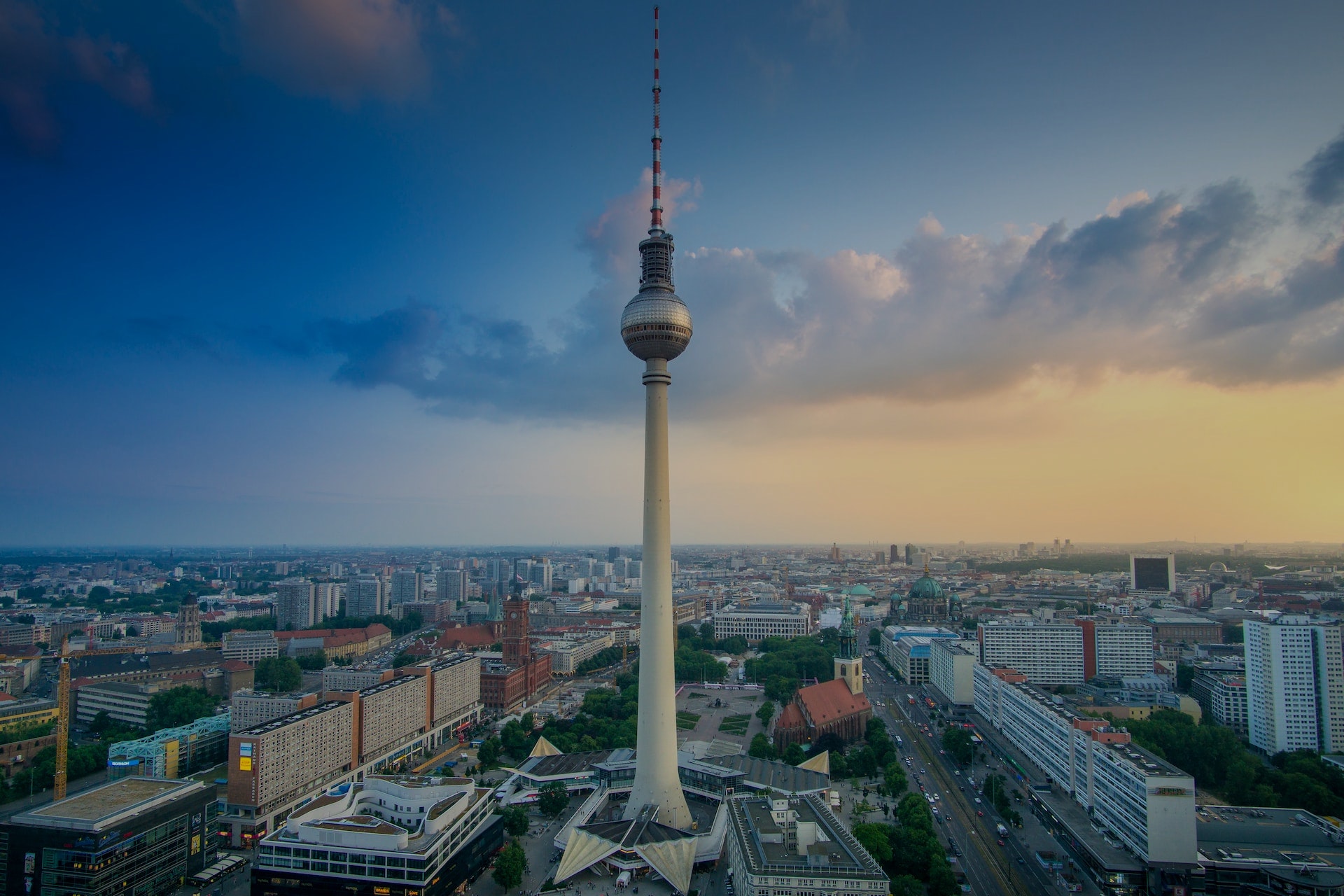

Germany plans new hydrogen-ready gas-fired power plants, highlighting U.K. opportunities
According to an announcement from the Chancellor, Germany is planning to construct 17-21GW of new power plants capable of utilising hydrogen, in addition to natural gas. These facilities will primarily serve as backup power sources in situations where renewable energy sources such as wind and solar are insufficient to meet the demand.
According to Reuters, Chancellor Olaf Scholz stated in his speech that Germany intends to construct gas-fired power plants capable of using hydrogen, with a capacity of 17-21GW.
“We are not losing sight of the goal of decarbonization: in order to stabilise supply, we will build new gas-fired power plants which can be operated with hydrogen in the future,” he told the VKU local utilities association.
Reuters obtained a copy of the speech which stated that the new facilities would have a capacity of 17-21GW. As reported by the Euractiv news website in January, an internal Ministry for Economic Affairs and Climate Action document highlighted the need to build 17-21GW of new gas-fired capacity by 2030-31 for backup power during periods of low wind and sun, as recommended by the grid regulator, the Federal Network Agency.

Germany is planning to construct 17-21GW of new power plants capable of utilising hydrogen, in addition to natural gas. These facilities will primarily serve as backup power sources in situations where renewable energy sources such as wind and solar are insufficient to meet the demand.
Robert Habeck, who serves as both minister for economic affairs and climate action as well as deputy chancellor, announced in February that the government plans to auction off a significant number of hydrogen-fired power plants and other backup power capacity this year.
“We need a lot of power plant capacity that is not running continuously,” he said speaking at an event organised by the German renewables industry association BEE, then added that the plants will provide power when wind and solar power were insufficient to meet demand. “We have to act before the demand is there,” he said.
A consortium received €28.4m ($30m) in hydrogen investment funding from the German government last week to construct a hydrogen energy-storage pilot project in eastern Germany. The project will serve as a “real-world laboratory” to test the future conversion of conventional power plants into facilities capable of utilizing excess renewable energy. This facility will produce green hydrogen using excess wind and solar power, which will then be stored and utilized to generate power for the grid as required, similar to a gas-fired peaker plant.

Pictured: power plant cooling towers at night. Germany is planning to construct 17-21GW of new power plants capable of utilising hydrogen, in addition to natural gas.
The addition of 17-21GW of gas-fired power capacity marks a significant increase from Germany’s existing capacity of 27.5GW, as of November last year.
To support its transition towards renewable energy, Germany has plans to import large quantities of green hydrogen in the upcoming years. The country has already initiated international tenders to import green ammonia, methanol, and synthetic fuels produced using renewable hydrogen.
The announcement tallies with the big opportunities for the UK being discussed last week at the 18th UK Hydrogen and Fuel Cells Conference at the Birmingham NEC – namely a shift to renewable energy, with hydrogen energy generated in (winter) periods of high wind, stored and made available to compensate during low wind periods.
Meanwhile the UK government is preparing a swathe of new measures to support the UK’s hydrogen sector.
To learn more about HYCAP, click here.